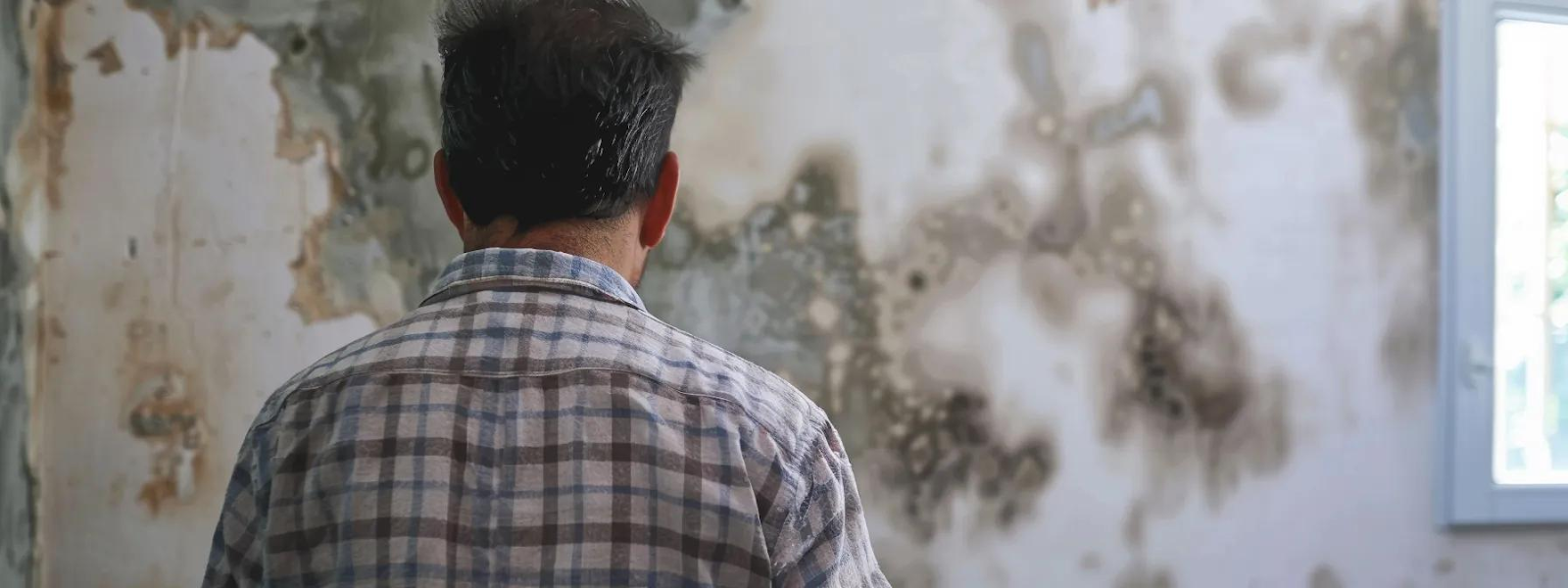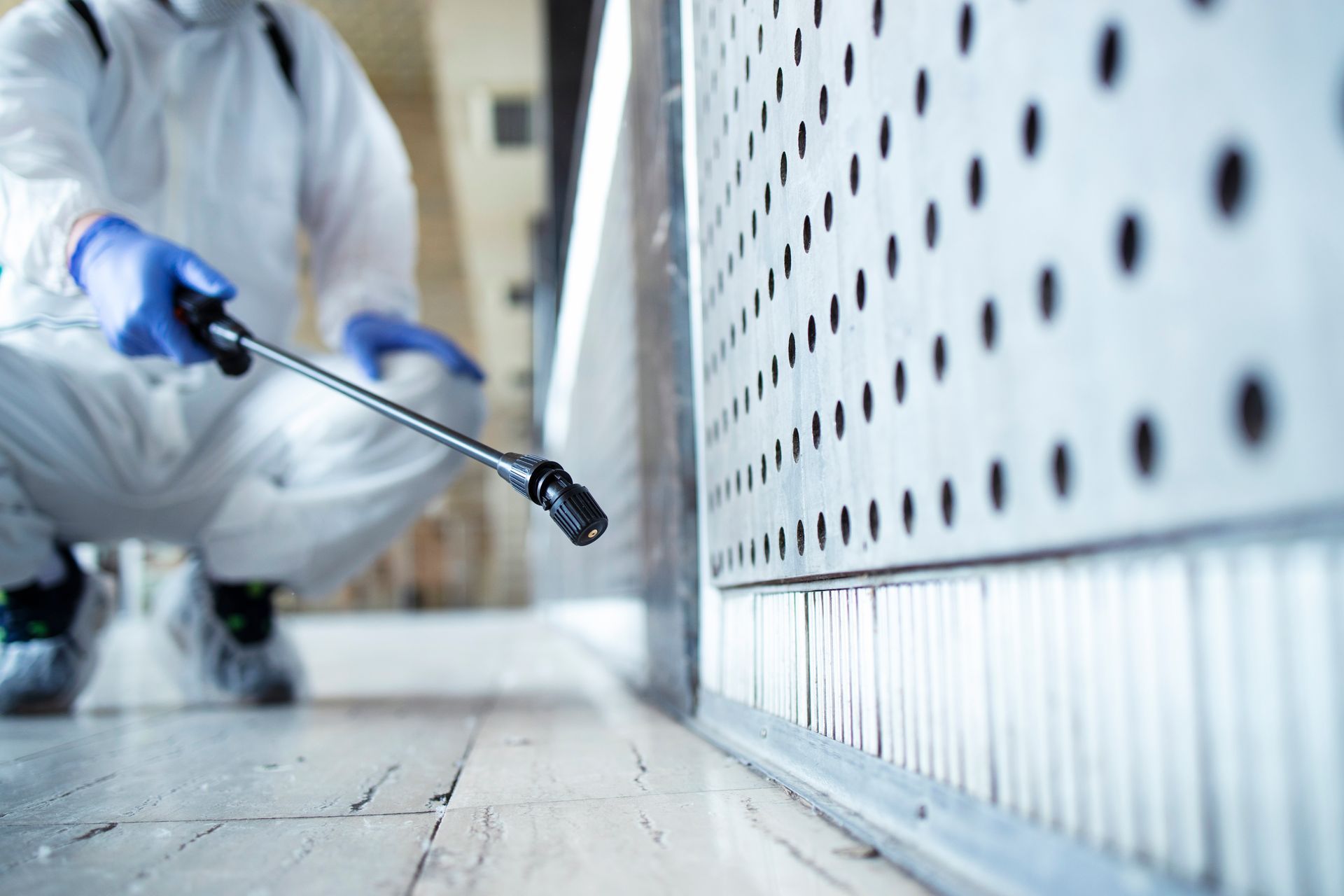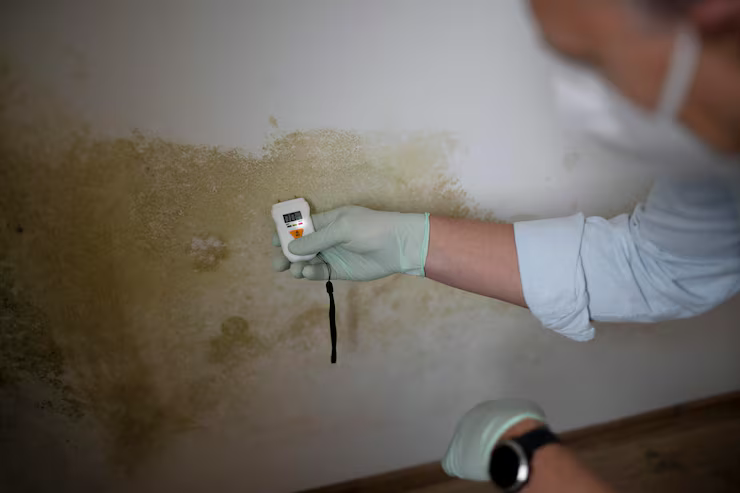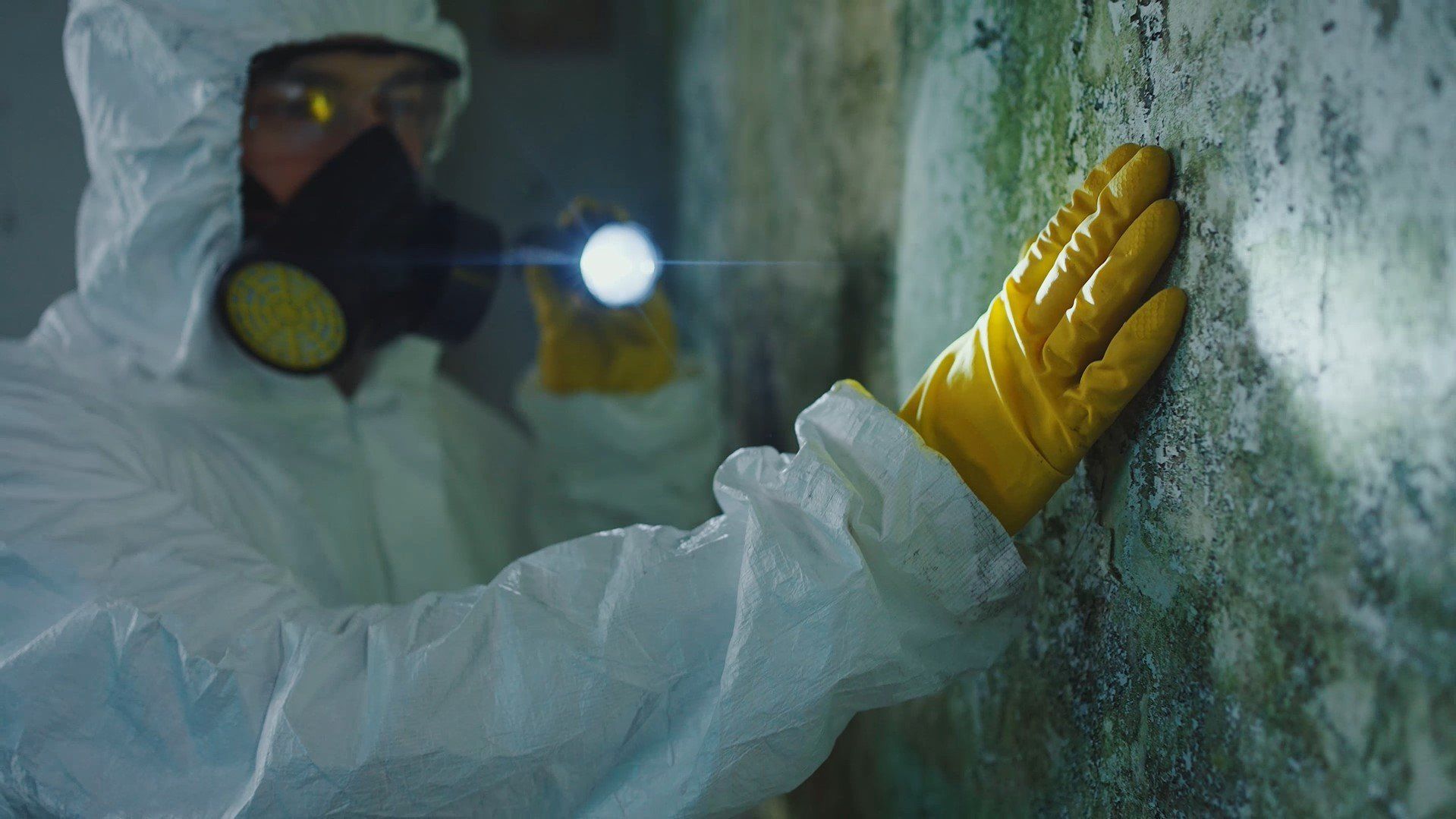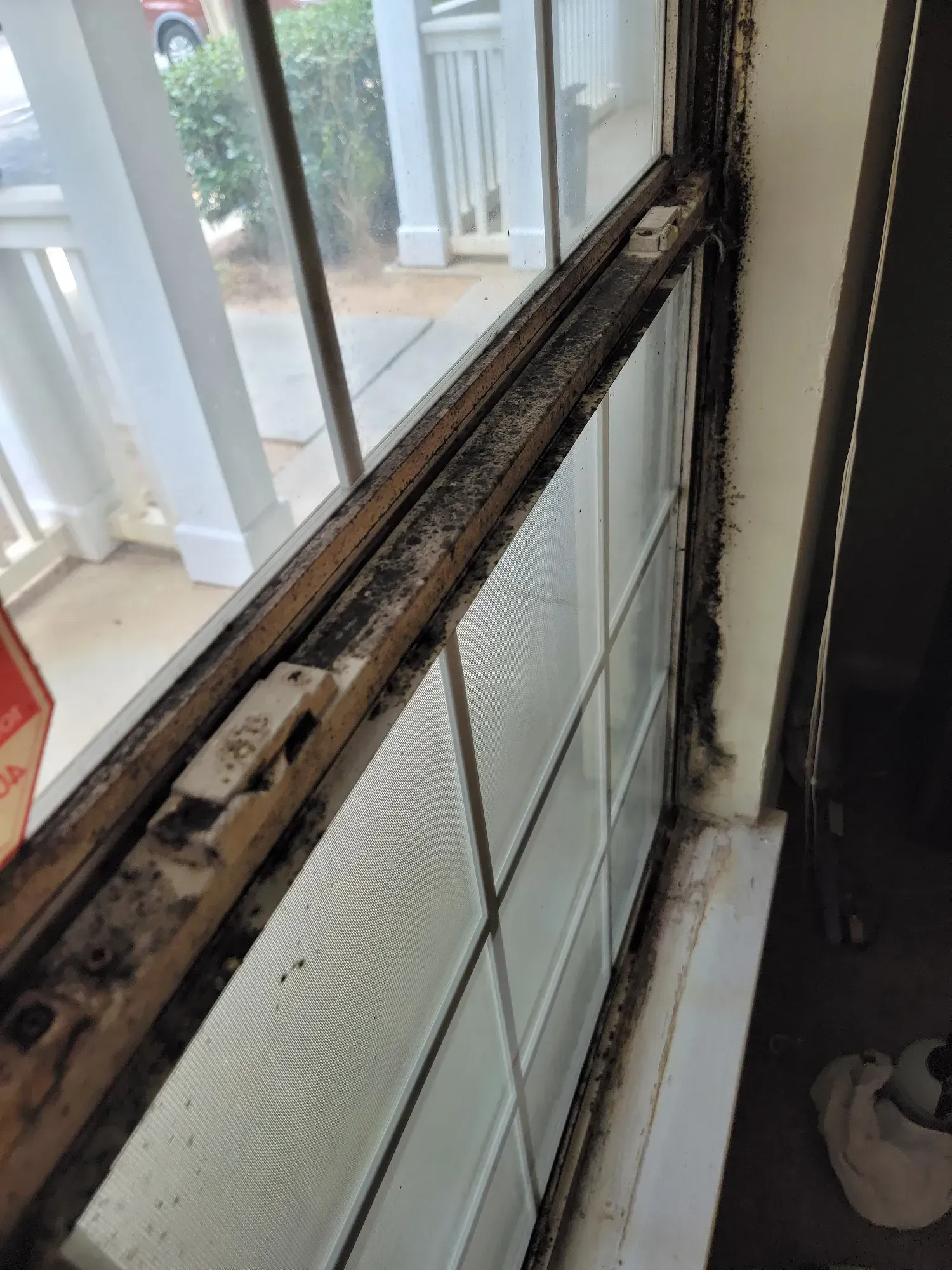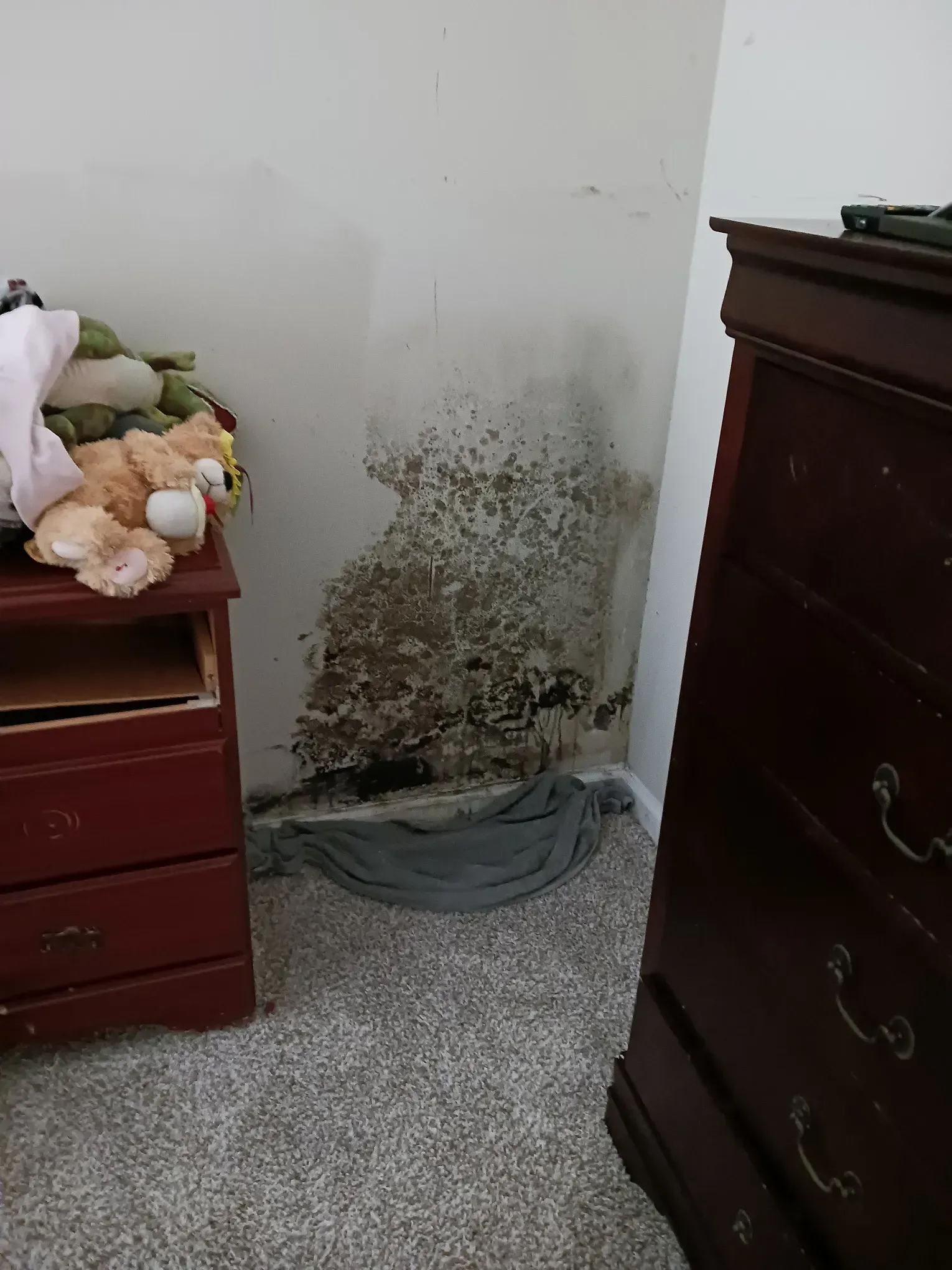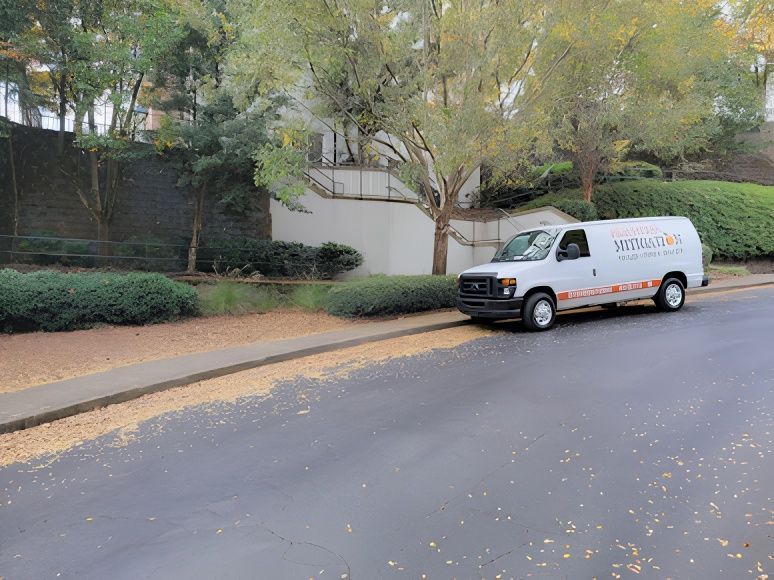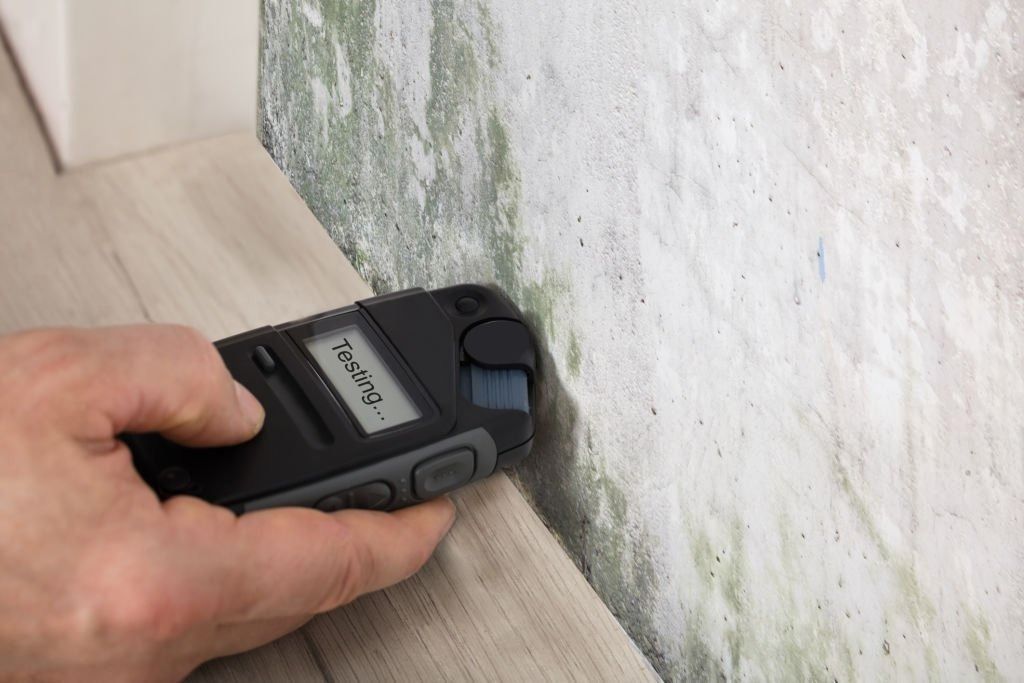Is Mold Testing a Smart Move for Homeowners? Here's Why It Matters
Mold testing helps you find and identify hidden mold growth in your home.
This means you can deal with it quickly before it causes bigger problems for your property's structure or your family's health. By showing you exactly where the mold is and how much there is, testing gives you the crucial information you need to get rid of it properly, saving you both time and money.
In this guide, we’ll explore three main reasons why mold testing in Duluth, Georgia, is a good idea. We’ll also cover when you should consider testing, compare DIY kits to professional assessments, and explain what to do after you get your test results.
Is Mold Testing a Smart Move for Homeowners? Here's Why It Matters
- Testing finds hidden mold early so you can fix issues before health or structural damage
- Air and surface sampling pinpoints where and how much mold is present for targeted cleanup
- Identifying species, including toxigenic black mold, reduces exposure and allergy triggers
- Pros beat DIY with whole-home assessment, moisture mapping, and lab-verified results
- After testing, remediate, retest for clearance, and prevent moisture to protect resale value
1. Mold Testing Helps You Breathe Easier
Mold testing measures how much mold is in the air and on surfaces, which helps guide a precise cleanup. This directly improves your home's ventilation and makes the air feel cleaner and fresher. Once the mold is gone, homeowners often notice fewer musty odors and a reduction in allergy triggers. For example, a thorough attic inspection may reveal black mold hiding behind insulation. Targeted removal and special air filters can quickly restore fresh air within days.
Improving your indoor air quality through mold testing gets rid of those persistent musty smells and creates a healthier living space for everyone.
2. Mold Testing Helps Protect Your Family’s Health
Mold testing tells you exactly what kind of mold you have, like the really nasty *Stachybotrys chartarum* (black mold) that can produce toxins linked to breathing problems and allergic reactions. Catching it early means less time breathing it in, which can ease asthma flare-ups, stuffy noses, and skin rashes.
Keeping your family healthy starts with knowing what kind of mold you're dealing with and how much of it is there, and a professional test can tell you that.
Respiratory and Allergic Health Effects of Dampness, Mold, and Dampness-Related Agents
Epidemiologic studies consistently associate indoor dampness and mold with various respiratory and allergic health issues, such as increased asthma development and exacerbation, wheezing, cough, and respiratory infections.
Additionally, specific molds like *Stachybotrys chartarum* produce mycotoxins, including macrocyclic trichothecenes, which are potent inhibitors of protein synthesis and can induce inflammation and cytotoxicity in the respiratory tract.
3. Mold Testing Helps Safeguard Your Home's Value
Mold testing uncovers hidden water damage and rot that, if left unaddressed, could weaken your home's structure and make it look less appealing. Catching these issues before you sell your home can save you from having to drop your price or deal with unexpected repair requests at the last minute.
To truly protect your home's value, you need clear proof that it's mold-free, backed by official test results.
When Should You Get Your Home Tested for Mold? Key Signs to Watch For
You should consider professional mold testing if any of these situations come up:
- After Water Damage: If you've had leaks, floods, or plumbing failures, because moisture present within 24–48 hours can kickstart mold growth.
- Persistent Musty Odors: When you notice unexplained mildew smells that just won't go away, even after cleaning and airing out your home.
- Allergy or Respiratory Symptoms: If family members are experiencing unexplained sneezing, coughing, or skin irritation when they're indoors.
- Visible Staining or Discoloration: When dark spots appear on your walls, ceilings, or floors without an obvious reason.
Recognizing these
signs
ensures you get a timely assessment and minimizes the risk of hidden contamination spreading.
Is Professional Mold Testing Really Better Than DIY Kits?
A quick comparison shows why professional services offer much better accuracy and reliability than at-home test kits.
| Aspect | DIY Kits | Professional Inspection |
|---|---|---|
| Accuracy | Limited sample size and general analysis | Multiple air and surface samples, species-specific laboratory testing |
| Scope | Focus on a single room | Comprehensive whole-house evaluation, including moisture mapping |
| Equipment | Basic swabs or collection cassettes | Advanced tools like thermal imaging hygrometers, and calibrated pumps |
| Report Details | Basic pass/fail or broad mold categories | Detailed quantitative counts, precise species identification, and tailored remediation guidance |
| Health & Safety | Uncertain results may delay necessary treatment | Certified protocols designed to minimize exposure risks |
While DIY kits can help you flag a potential issue, professional testing from local
mold testing specialists in Duluth, like Peachtree Mitigation, guarantees a thorough evaluation and customized strategies to get rid of the mold.
What Happens After Mold Testing? Your Next Steps
Once you receive your mold test report, follow these essential steps:
- Review the Results and Recommendations: Carefully look over the mold counts, identified types, and suggested ways to contain the problem.
- Create a Cleanup Plan: Prioritize the most critical areas, schedule HVAC cleaning, and set up barriers to prevent spread.
- Hire Certified Professionals: Bring in a licensed restoration team to handle the removal, cleaning, and any necessary structural repairs.
- Schedule Clearance Testing: Confirm the cleanup was successful by doing follow-up tests to make sure mold levels are back to safe limits.
- Put Prevention Measures in Place: Address the root causes of moisture, improve ventilation, and install dehumidifiers in areas prone to dampness.
Following a clear plan protects your home and gives you lasting peace of mind.
Conclusion
Homeowners in North Georgia benefit significantly from mold testing by avoiding costly repairs and potential health complications. Professional inspections provide precise data and use local knowledge, which is especially crucial in humid climates like Duluth and Gwinnett County.
Catching mold early makes it easier to target the cleanup efforts, helping to maintain indoor comfort, structural integrity, and your home’s resale value. Investing in mold testing today lays the groundwork for a healthier, more valuable property tomorrow.

